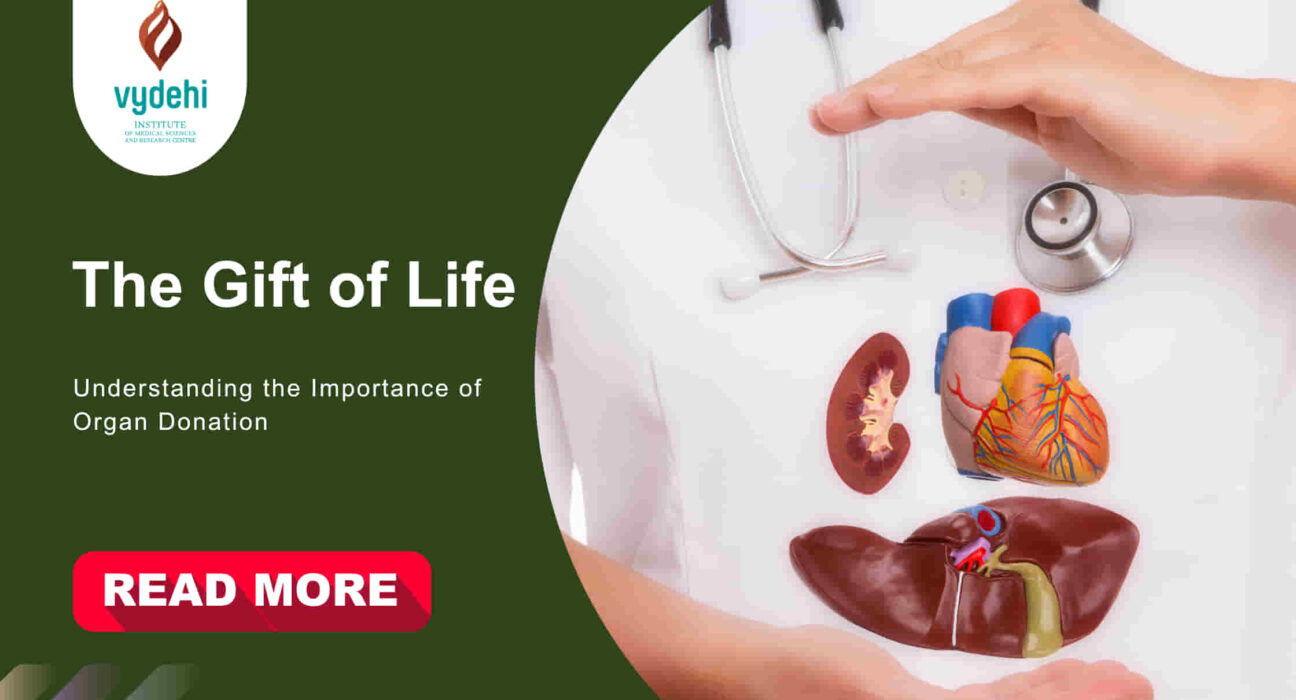Organ donation plays a vital role in saving lives around the world. However, in Central Asia, specifically Kazakhstan and other neighboring countries, organ transplantation faces significant challenges that lead to a heavy reliance on living donors over posthumous donations.
In 2024, only a small fraction of families in Kazakhstan consented to donation after death, with distrust in the system and religious beliefs being key factors. Aidar Sitkazinov, Director of the Republican Centre for Coordination of Transplantation and High-Tech Services in Kazakhstan, highlighted this issue by stating,
“In our country, 80-90% of donors are living relatives of the patients.”
The reluctance to donate organs after death stems from various reasons. One major factor is the lack of trust in the healthcare system. Sitkazinov mentioned concerns about corruption leading people to fear their donated organs might be misused or illegally sold. Despite laws prohibiting organ sales in Kazakhstan, past scandals have created doubts among the public.
Religious beliefs also influence attitudes towards posthumous donation. While Islamic and Orthodox Christian authorities support posthumous donation as an act of charity, many individuals still hold reservations based on religious misconceptions.
Across Central Asia and Islamic countries more broadly, there is a historical trend of favoring living donations over posthumous ones due to religious and cultural influences. In contrast, European countries have established practices for organ donation after death, covering a significant portion of organ transplant needs.
As of May 2025, thousands of people in Kazakhstan are on waiting lists for organ donations. The scarcity of donors leads to fatalities among patients awaiting transplants. Sitkazinov emphasized this point by stating that out of 86 deceased donors approached in 2024, only 10 families agreed to donation despite one deceased person having the potential to save multiple lives.
Kazakhstan operates under an opt-in consent system where citizens must officially agree to donate their organs after death. However, even with individual consent, relatives’ agreement is also required—a process that sometimes leads to complications and refusals.
The main challenge lies not only in increasing awareness but also building trust within the community regarding organ donation processes. Until transparency and security within these systems are improved and misconceptions addressed effectively through education and awareness campaigns across Central Asia, boosting posthumous organ donations remains an ongoing struggle.
Central Asian nations need collaborative efforts towards regional development involving improved healthcare infrastructure and public engagement initiatives dedicated to dispelling myths surrounding organ transplantation practices.

